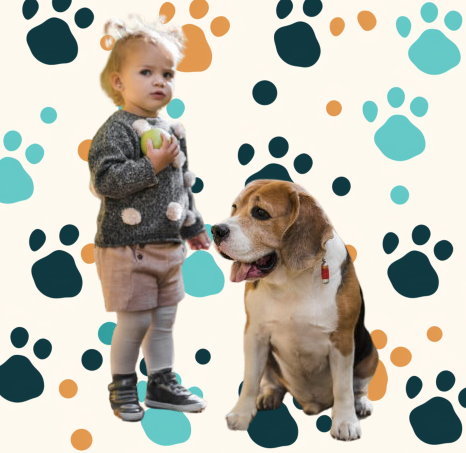Welcome to Dog Training Newbies !
Welcome to Dog Training Newbies !

Therapy dogs play an invaluable role in providing comfort, support, and companionship to individuals in various settings, such as hospitals, nursing homes, schools, and rehabilitation centers. These special dogs bring joy and healing to those who need it the most. However, becoming a therapy dog requires proper training and preparation. In this article, we delve into the essential steps and considerations for training your dog to become a therapy dog. From obedience training and socialization to temperament assessment and certification, we explore the journey of preparing your dog for this meaningful and rewarding role.
Understanding the Role of a Therapy Dog
Before embarking on therapy dog training, it's important to have a clear understanding of the role these dogs play. Unlike service dogs who are specifically trained to assist individuals with disabilities, therapy dogs provide emotional support and comfort to a wide range of people. They must be well-behaved, friendly, and able to handle different environments and situations calmly. Therapy dogs often work as part of a team with their handlers to bring a positive impact to individuals in need.
Obedience Training as a Foundation
Obedience training forms the foundation of therapy dog training. Your dog should have a solid grasp of basic commands such as sit, stay, come, and down. A therapy dog must be well-behaved, obedient, and responsive to your commands. Enroll your dog in obedience classes or work with a professional dog trainer to ensure your dog understands and follows commands reliably. This training will help establish a strong bond between you and your dog, enhancing your ability to work together effectively as a team.


Socialization and Exposure to Different Environments
Socialization is a crucial aspect of therapy dog training. Expose your dog to a wide range of environments, including busy streets, parks, shopping centers, and public transportation. Introduce your dog to various sights, sounds, and smells to help them become comfortable and confident in different settings. This exposure will prepare your dog for the unpredictable environments they may encounter during therapy visits.
Assessing Temperament and Suitability
Not every dog is suited for therapy work, as it requires a specific temperament. A therapy dog should be friendly, patient, calm, and adaptable. They should enjoy being around people and show no signs of aggression or fear. Consider having your dog undergo a temperament assessment conducted by a professional evaluator who specializes in therapy dog work. This assessment will help determine if your dog possesses the right temperament for therapy work.
Developing Handler Skills
As a therapy dog handler, you play a vital role in the success of your dog's therapy work. Develop your handler skills by learning effective communication techniques, understanding your dog's body language, and practicing patience and empathy. You will be responsible for guiding your dog during visits, ensuring their well-being, and facilitating positive interactions with individuals. Training programs and workshops for therapy dog handlers are available and can provide valuable guidance and support.
Therapy Dog Certification
Most therapy dog organizations require certification or registration before allowing dogs to participate in therapy work. These organizations have specific guidelines and requirements that dogs and handlers must meet. Certification typically involves an evaluation of the dog's behavior, obedience, and suitability for therapy work. Some organizations may also require handlers to complete a training program or attend educational workshops. Research and choose a reputable therapy dog organization that aligns with your goals and values.
Training your dog to become a therapy dog is a rewarding journey that requires dedication, patience, and a commitment to the well-being of others. Obedience training, socialization, temperament assessment, and developing handler skills are all vital components of therapy dog training. By investing time and effort into preparing your dog, you can ensure they are well-equipped to provide comfort and support to those in need. As a therapy dog team, you and your furry companion have the opportunity to make a positive impact and bring smiles to the faces of individuals facing various challenges.